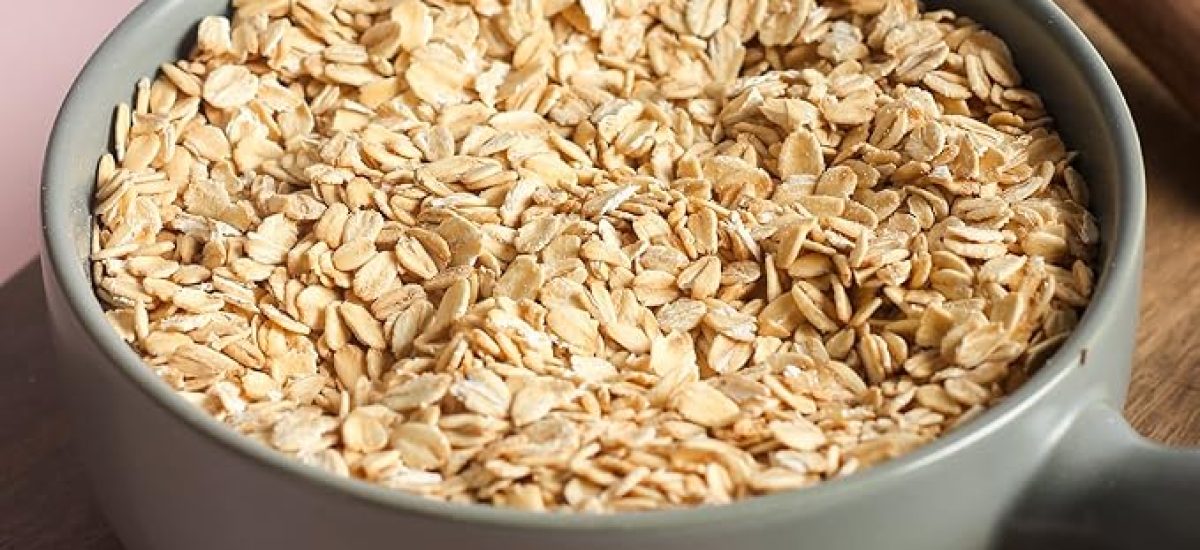Have you ever wondered why some people with diabetes live vibrantly while others feel trapped by it? Daily habits often shape your long-term health more than big changes. You can truly help yourself live with more energy, clarity, and peace — even with diabetes. Today, let’s explore Diabetes-focused habits that help you thrive.
Table of Contents
How Diabetes Affects Your Everyday Life
When diabetes enters the picture, your body handles sugar differently. Your cells either don’t respond to insulin, or you can’t make enough. That imbalance affects energy, mood, digestion, and even sleep. But here’s the hopeful part: small shifts in diet and routine can drive big wins, both in health and how you feel every day.
Diabetes and Blood Sugar Balance
Your body struggles to keep insulin working effectively.
You might feel tired after meals or crave sweets.
Managing portion size and timing can smooth those blood sugar swings.
Adding protein and skipping sugary drinks can steady blood sugar and uplift mood.

Food That Brings Joy, Not Guilt
You don’t need bland meals to manage diabetes. You can eat colorful, delicious food that helps balance sugar:
Beans, lentils, oats — slow-release carbohydrates
Berries and leafy greens pack your meals with fiber and powerful antioxidants
Almonds with Greek yogurt pack in protein and fats that your heart will thank you for
Cinnamon and turmeric can calm inflammation and help keep your blood sugar in check
🔹 Quick plate tip: Begin with veggies, add protein, and finish with whole grains for a smart mix.
Delicious Swaps That Help
Instead of sweetened yogurt, try plain yogurt with cinnamon and chopped nuts. Replace white rice with quinoa or barley. Add chopped basil to roasted veggies for flavor. Tiny food swaps like these can steady sugar levels and boost mealtime joy.
Even light activity and a smile can brighten your mood in minutes
Exercise can feel like a chore, especially with diabetes. But you don’t need long workouts to benefit your heart and metabolism.
A brisk 30-minute walk each day can boost your body’s insulin response.
Just 10 minutes of walking after meals can reduce post-meal blood sugar spikes.
Light movement—standing during phone calls, stretching hourly, even dancing in the kitchen—keeps circulation active.
It’s free. It’s mood-boosting. Staying active helps your body process sugar more smoothly.
Micro Workouts, Macro Impact
You don’t need a gym:
Pace while talking on the phone.
Brush your teeth while doing calf raises—it’s strength training made simple.
Dance with music before dinner.
These small bursts add up, reducing blood sugar and stress, and improving focus over time.
Managing Diabetes Stress with Simple Routines
Living with diabetes can bring worry about readings, food, and long-term health. Routine stress can raise cortisol and blood sugar—even if you manage everything well on paper.
Try these calming routines:
Use box breathing: in, hold, out, hold—for four seconds each step.
Sunshine moments: step outside for five minutes—light lowers stress hormones.
Gratitude ritual: list three things you’re thankful for each morning.
Only a few minutes, yet they bring calm and balance to your day.

Why It Works
Deep breathing lowers cortisol. Fresh air improves mood and sleep. Gratitude fights overwhelm. Over time, these habits boost inner calm and improve diabetes control.
Sleep and Diabetes — Why It Matters
Poor sleep makes your body resist insulin more. It also spikes appetite hormones that push sugar cravings. Deep sleep supports your hormones and calms inflammation throughout the body.
Try these bedtime habits:
Stop screen time 1 hour before bed.
Dim lights and keep your room cool.
Avoid caffeine after mid-afternoon.
Brew a cup of tulsi or chamomile tea to relax your mind.
Improving your sleep by just 30 minutes can ease insulin resistance and support better healing overnight.
Also Read : Horse Gram for Weight Loss
Simple Morning Habits That Support Diabetes Joy
Your morning habits shape your energy levels and emotional well-being all day.
Drink water before coffee. Hydration supports digestion and energy.
Have a protein-rich breakfast—eggs, Greek yogurt, or beans.
Add a handful of seeds or nuts to smoothies or oats for an easy nutrient lift.
Morning sunlight, even for a few minutes, helps your body sync with the day.
These small shifts help your body process food more efficiently, stabilize energy, and anchor your day in positivity.
Also Read : Isabgol Benefits
Track Your Patterns — A Gentle Way to Stay on Top
Your body gives signals—some subtle, some loud. Tracking small details can help you spot trends before they become issues.
Write down how you feel after meals, what you ate, how much you slept, or how your mood was. You’ll start seeing patterns: “Oats keep me full,” or “Too little sleep = high sugar.”
Digital apps or simple pen-and-paper logs both work. You don’t need perfection—just consistency. Even 3–4 notes a day can help you and your care team make smart, confident choices.
👉 Tip: Try using colors to track meals or moods—it makes logging easier and more enjoyable.
Tracking is not about control. It’s not about perfection — it’s about tuning in with kindness to what your body needs, one day at a time.
Also Read : Jeera Benefits (Cumin Seed)
You’re Not Alone: Create Your Own Support Circle for Diabetes
Living with diabetes can feel isolating at times—but it doesn’t have to be.
Whether it’s a local wellness group, an online forum, or simply texting a friend who “gets it,” having people to talk to lightens the emotional load.
Share recipes, celebrate small victories, and talk openly on hard days with others. Support from people who understand can ease stress, build motivation, and remind you—you’re not alone.
Even one supportive person who listens without judgment can change how you experience diabetes.
Try this: End your week by sharing one thing you’re proud of with someone you trust. It builds connection and boosts joy.
Also Read : 22 Body Heat Hacks
Real Tests, Real Empowerment
Even when things feel steady, regular checks still make a difference.
Ask your doctor about:
A1C levels
Cholesterol and blood pressure
Kidney and eye screenings
Resting heart rate and weight trends
Tracking these helps you adjust early, reduce complications, and plan for long-term wellbeing.

Also Read : 14 Foods You Should Never Refrigerate
FAQs — Your Diabetes Questions Answered
Can I live fully with diabetes?
Yes — absolutely. Many people manage diabetes through simple lifestyle changes while still enjoying life deeply.
How often should blood sugar checks be part of your day?
Follow your care plan. For many, daily checks or every few days give actionable feedback.
Can I manage diabetes without meds?
Sometimes, yes—especially early on. Many see improvements through diet, movement, and stable routine. Talk with your doctor before modifying treatment plan.
What foods should I avoid?
Refined sugar, sugary drinks, processed snacks, and large refined grains can spike blood sugar. Instead, choose whole, colorful foods.
Also Read : How to Prevent From Covid and Other Viruses
Final Takeaway: Choose Joy Every Day
Living with diabetes doesn’t mean limiting life. Small, consistent actions—colorful meals, light movement, better sleep, mindful routines—give you more energy and clarity. It costs little and returns big. So start today: one gentle habit, one small win, one moment of joy.
You deserve a thriving life—even with diabetes.
Also Read : Mango Feast











